Tramadol
Tramadol oral tablet is a prescription drug that’s available as an immediate-release and extended-release tablet. it also comes as an extended-release oral capsule. Immediate-release drugs are released into the body right away. Extended-release drugs are released into the body slowly over time.
Both tramadol oral tablets are also available as generic drugs. The immediate-release tablet is also available as the brand-name drug Ultram. Generic drugs usually cost less than the brand-name version. In some cases, they may not be available in all strengths or forms as the brand-name drug.
Dosing information
Usual Adult Dose for Pain:
Adults (17 years or older): 50 to 100 mg orally every 4 to 6 hours as needed for pain
-For patients not requiring rapid onset of pain effect: Initial dose: 25 mg orally once a day; titrate in 25 mg increments every 3 days to reach a dose of 25 mg four times a day; thereafter increase by 50 mg as tolerated every 3 days
Maximum dose: 400 mg per day.
What is tramadol?
it is a pain pills similar to an opioid and is classified as a synthetic opioid. It acts in the central nervous system (CNS) to relieve pain.
Is used to treat moderate to severe pain in adults.
The extended-release form of tramadol is for around-the-clock treatment of pain. This form of tramadol is not for use on an as-needed basis for pain.
Tramadol side effects
Get emergency medical help if you have signs of an allergic reaction to tramadol (hives, difficult breathing, swelling in your face or throat) or a severe skin reaction (fever, sore throat, burning in your eyes, skin pain, red or purple skin rash that spreads and causes blistering and peeling).
Moreover, Royal Tramadol 225 can slow or stop your breathing, and death may occur. A person caring for you should give naloxone and/or seek emergency medical attention if you have slow breathing with long pauses, blue colored lips, or if you are hard to wake up.
Call your doctor at once if you have:
- noisy breathing, sighing, shallow breathing, breathing that stops during sleep;
- a slow heart rate or weak pulse;
- a light-headed feeling, like you might pass out;
- seizure (convulsions); or
- low cortisol levels – nausea, vomiting, loss of appetite, dizziness, worsening tiredness or weakness.
Be the first to review “tramadol” Cancel reply
Related products
Uncategorized
Uncategorized
Uncategorized
Uncategorized
Uncategorized
Uncategorized
Uncategorized
Uncategorized

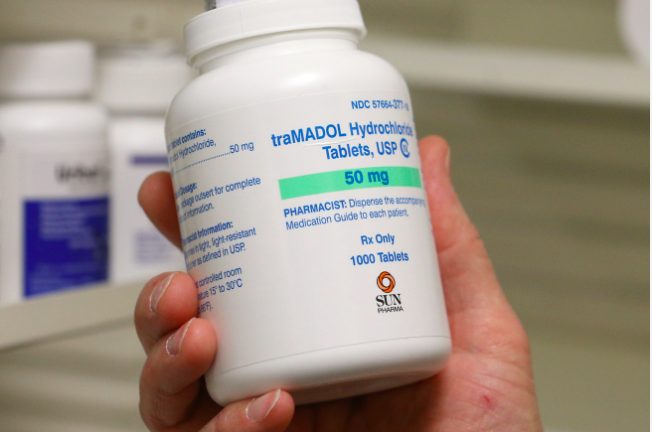
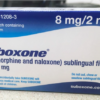

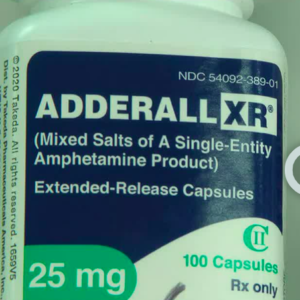
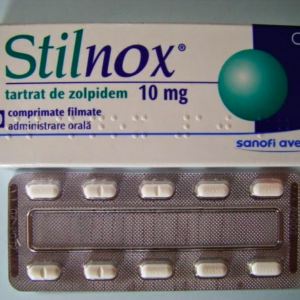
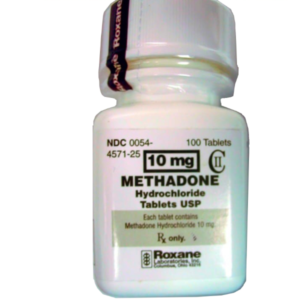

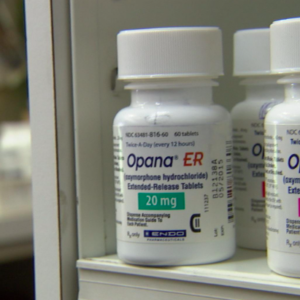
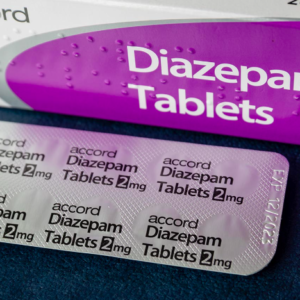
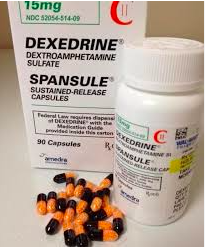
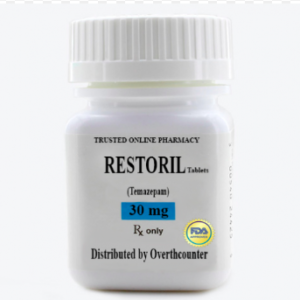
Reviews
There are no reviews yet.